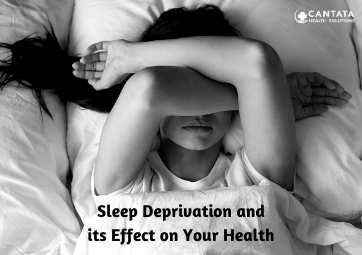The Centers for Disease Control reports that 20% of Americans (that’s 64 million people) experience a mental health problem in an average year, and that rate has skyrocketed during the COVID pandemic. Prescriptions for anti-depressive and anti-anxiety medication have increased significantly in number, and one in four young adults have considered suicide.
But the way we dispense mental health treatment, which stigmatizes seeking treatment for mental illness, should end along with the pandemic. Half a century ago, the celebrated philosopher Michel Foucault published “Madness and Civilization,” making the point that it is the practices of the health care system that marginalize the mentally ill. His point stands. The mental health system and practices of mental health professionals are partly responsible for the high rates of stigma attached to mental health treatment.
Read the full article HERE

